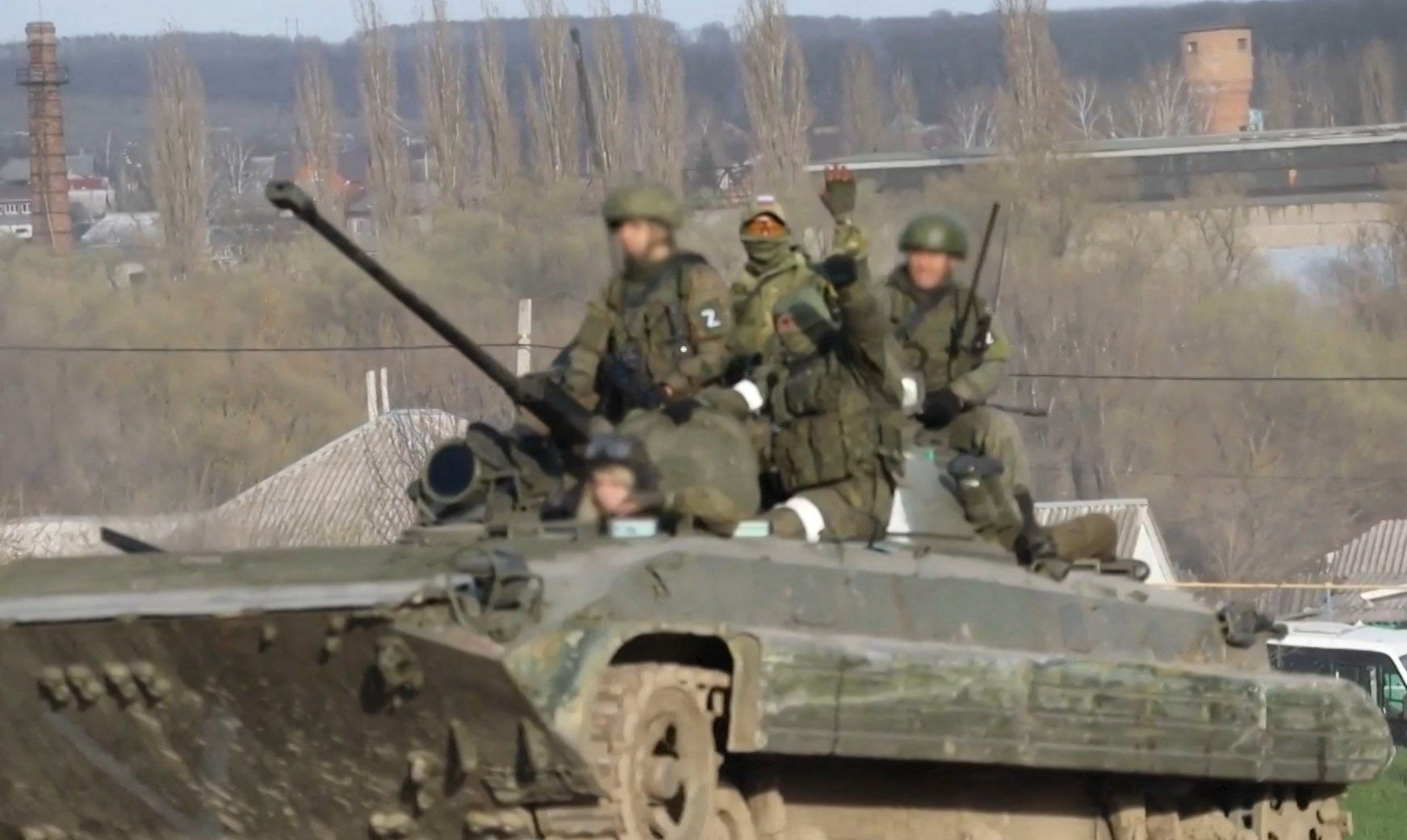The attacks were simple but effective, targeting the signal control cabinets essential to the functioning of the railways, members of the activist network said. For days on end, the movement of trains was paralyzed, forcing the Russians to attempt to resupply their troops by road and contributing to the snarl-up that stalled the infamous 40-mile military
convoy north of Kyiv.
How much of the chaos can be attributed to the sabotage and how much to poor logistical planning by the Russians is hard to tell, especially as there is no independent media reporting from Belarus, said Emily Ferris, a research fellow at the London-based Royal United Services Institute. But without automated signaling, trains were forced to slow to a crawl and the number of them traveling on the tracks at any one time would have been severely restricted, she said.
“Given the Russian reliance on trains, I’m sure it contributed to some of the problems they had in the north. It would have slowed down their ability to move,” she said. “They couldn’t push further into Ukrainian territory and snarled their supply lines because they had to rely on trucks.”






